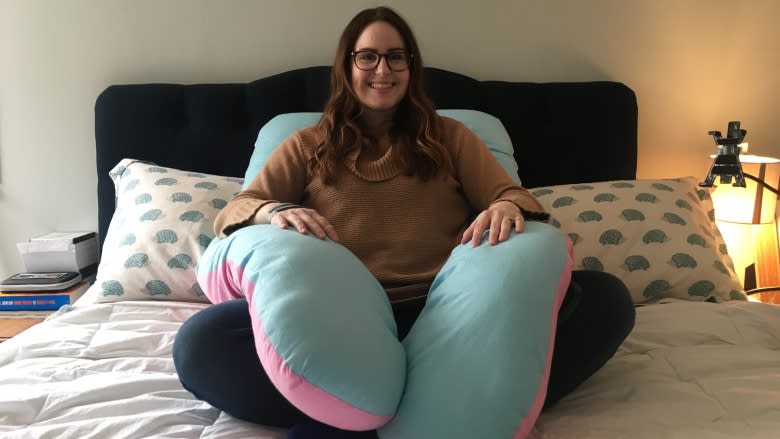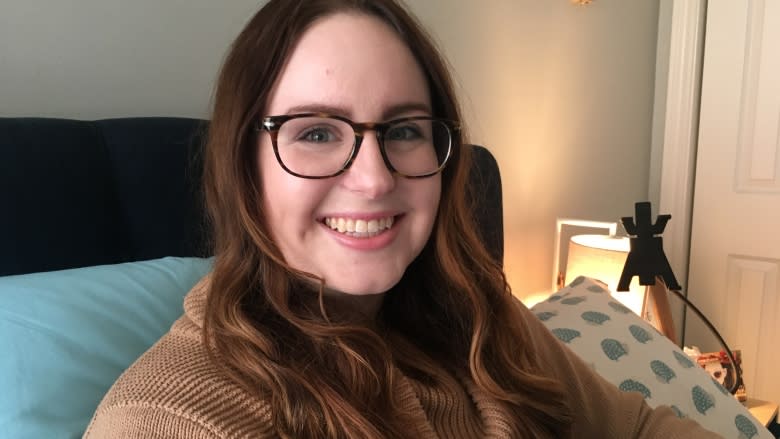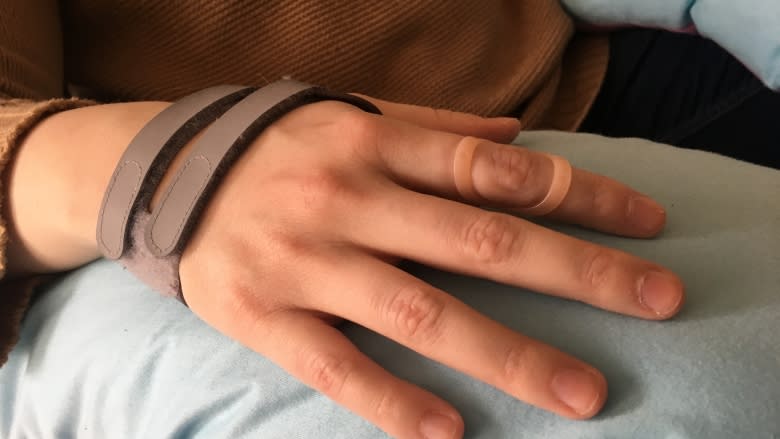Living with lupus: What it's like having an invisible illness
Lisa Walters looks like your average 28-year-old, but her days are filled with doctor's appointments and discomfort.
After more than 10 years of misdiagnosis, Walters was diagnosed with lupus last year.
"Your immune system starts attacking healthy cells in your body, and so the version I have which is systemic means that it can attack anywhere in your body," Walters said.
Lupus can affect your joints, skin, organs, spine or attack in other ways, according to Walters.
"I get joint pain and muscle weakness, I get migraines, I've had different skin issues, and lung inflammation was probably one of my worst symptoms," Walters said.
Along with severe fatigue, Walters has been off work dealing with her illness for over a year.
"You pretty much have to take it one day at a time, you don't know what the next day will be like."
It's hard to make a set schedule for any given day, but some things work out and some don't for Walters.
"I luckily have a lot of friends who understand that I sometimes have to cancel last minute," she said.
Diagnosis 'was a relief' of sorts
For Walters it was a long journey to diagnosis. Fibromyalgia and multiple sclerosis were put forward as possibilities before it was narrowed down to lupus.
"Surprisingly, it was a relief," Walters said.
"I'm sure nobody ever wants to hear, 'Hey, you have lupus,' but after almost 10 years of knowing my body, knowing something wasn't right, and not being satisfied with what doctors were saying to me it felt really good."
Walters has also been diagnosed with gastroparesis and Ehlers-Danlos syndrome, which, like lupus, are considered "invisible diseases."
"It's a term we use for illnesses or disabilities that you can't just look at someone and see you have that, but that doesn't mean that they're not there and present in people's lives," Walters said.
The issue for a lot of people with invisible diseases is being accused of not actually being sick
"One thing that annoys people with invisible illnesses is when someone says 'oh but you don't look sick.' Fine, but that has no correlation to how I feel," Walters said.
It's difficult for persons with invisible illnesses to not have physical representation of their illness.
"A lot of the time people don't believe that you're as sick as you are," Walters said.
Parking conundrum
Walters has a disabled parking pass, but only uses it when she's having a visibly bad day.
"I normally only use it if I'm having such a bad day that I need my cane, because that's a visible reminder," Walters said.
"I shouldn't have to do that. I shouldn't feel that way because I know that even if I'm not using my cane I have a disability but I'm afraid of having that confrontation."
Walters says she knows of others who have had notes left on their windshield for parking in disabled parking without a visible disability, but it has yet to happen to her.
The most important thing Walters would like people to consider is that young people can get sick.
"People think that if you're below 60 then you can't get sick … and I wish that we wouldn't get dismissed so quickly."




